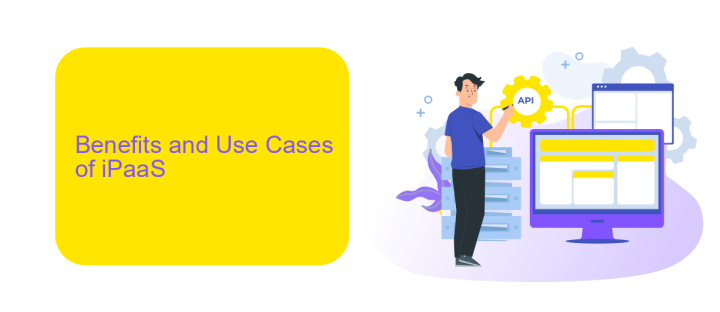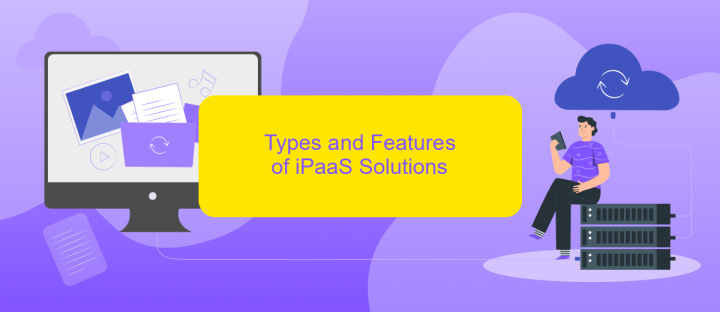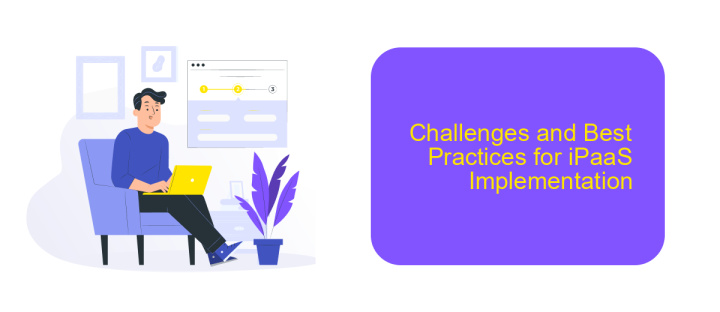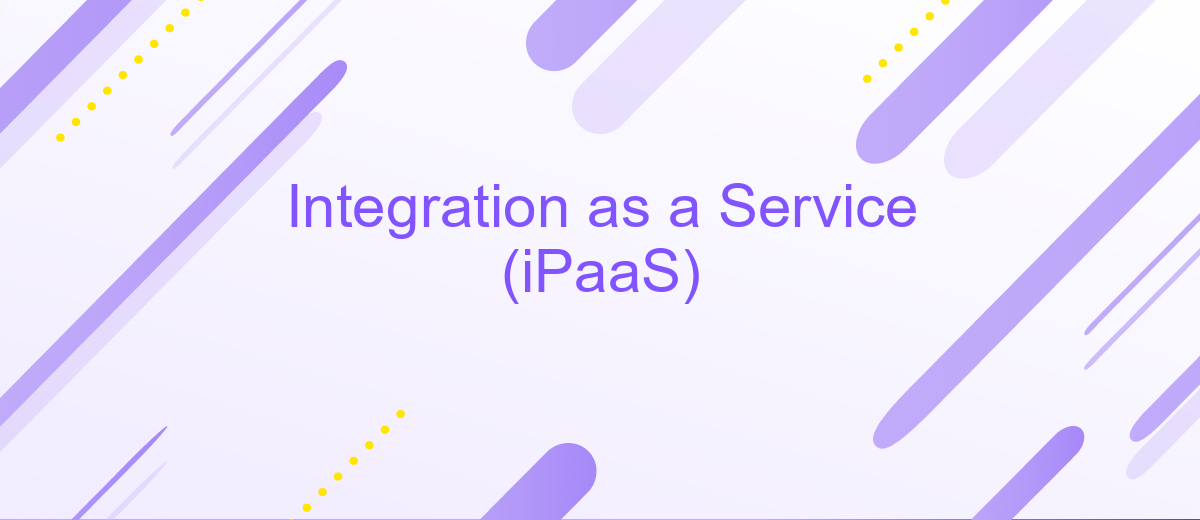Integration as a Service (iPaaS)
Integration as a Service (iPaaS) is a cloud-based solution designed to streamline the integration of various applications and data sources. By offering a unified platform, iPaaS enables businesses to seamlessly connect disparate systems, automate workflows, and enhance data accessibility. This article explores the key benefits, features, and use cases of iPaaS, illustrating how it can drive operational efficiency and innovation.
Introduction to Integration as a Service (iPaaS)
Integration as a Service (iPaaS) is a cloud-based solution that enables seamless integration between various applications and systems. It allows businesses to connect disparate software and automate workflows without the need for extensive coding or IT expertise. With iPaaS, organizations can streamline their operations and improve data accuracy.
- Automated workflows
- Real-time data synchronization
- Scalability and flexibility
- Cost efficiency
One notable example of an iPaaS provider is ApiX-Drive. This service simplifies the integration process by offering a user-friendly interface and a wide range of pre-built connectors for popular applications. ApiX-Drive helps businesses automate tasks, synchronize data in real-time, and scale their operations effortlessly. By leveraging iPaaS solutions like ApiX-Drive, companies can focus on their core activities while ensuring seamless connectivity between their systems.
Benefits and Use Cases of iPaaS

Integration Platform as a Service (iPaaS) offers numerous benefits for businesses seeking to streamline their operations and enhance data connectivity. One of the primary advantages is the ability to automate workflows between various applications, reducing manual effort and minimizing errors. This leads to increased efficiency and productivity. Additionally, iPaaS solutions like ApiX-Drive provide a user-friendly interface, allowing even non-technical users to set up and manage integrations with ease. The platform supports a wide range of applications and services, ensuring seamless data flow across the organization.
Use cases for iPaaS are diverse and span multiple industries. For example, e-commerce businesses can integrate their online stores with CRM systems to automatically update customer information and order statuses. Marketing teams can connect email marketing platforms with analytics tools to gain deeper insights into campaign performance. In the healthcare sector, iPaaS can facilitate the secure exchange of patient data between different medical systems. By leveraging iPaaS solutions like ApiX-Drive, organizations can achieve greater agility, improve data accuracy, and foster better collaboration across departments.
Types and Features of iPaaS Solutions

Integration Platform as a Service (iPaaS) solutions come in various types, each designed to cater to different integration needs and complexities. These platforms enable seamless communication between disparate systems, applications, and data sources, ensuring efficient workflows and data consistency.
- Cloud-based iPaaS: These solutions are hosted in the cloud, offering scalability and flexibility. They are ideal for businesses looking to minimize infrastructure costs.
- Hybrid iPaaS: Combining both on-premises and cloud-based elements, hybrid iPaaS solutions are perfect for organizations that need to integrate legacy systems with modern cloud applications.
- Open Source iPaaS: These platforms provide customizable and cost-effective integration solutions, allowing businesses to tailor the platform to their specific needs.
One notable feature of iPaaS solutions is their ability to offer pre-built connectors and templates, simplifying the integration process. For instance, ApiX-Drive provides an intuitive interface and a wide range of connectors, enabling businesses to automate workflows without extensive coding. Such features make iPaaS solutions indispensable for organizations aiming to streamline their operations and enhance productivity.
Challenges and Best Practices for iPaaS Implementation

Implementing Integration as a Service (iPaaS) can be a complex process, fraught with challenges that organizations must navigate to achieve seamless integration. One of the primary challenges is ensuring data security and compliance, as sensitive information often traverses multiple systems. Additionally, achieving real-time data synchronization can be difficult, given the diverse nature of the integrated applications.
Another significant challenge is managing the scalability of the integration solution. As companies grow and their integration needs evolve, the iPaaS must be able to handle increased data loads and more complex workflows. Moreover, ensuring compatibility between legacy systems and modern applications can pose a considerable hurdle.
- Conduct thorough planning and assessment before implementation.
- Choose an iPaaS provider, like ApiX-Drive, that offers robust security features.
- Implement real-time monitoring and alerts to manage data flow effectively.
- Regularly update and maintain integration configurations to ensure compatibility.
Following best practices and leveraging platforms like ApiX-Drive can significantly streamline the iPaaS implementation process. By addressing common challenges proactively and utilizing a reliable iPaaS provider, organizations can achieve efficient and secure integrations, ultimately enhancing their operational efficiency.
Future Trends and Innovations in iPaaS
The future of Integration as a Service (iPaaS) is poised for significant advancements, driven by the increasing complexity of IT ecosystems and the growing need for seamless data connectivity. Emerging trends suggest a greater reliance on artificial intelligence and machine learning to automate and optimize integration processes. These technologies will enable predictive analytics, anomaly detection, and self-healing capabilities, making integrations more resilient and efficient. Additionally, the rise of low-code and no-code platforms will democratize the integration process, allowing non-technical users to create and manage integrations with minimal effort.
Innovations in iPaaS are also expected to focus on enhancing real-time data processing and improving scalability to handle the ever-growing volume of data. Services like ApiX-Drive are at the forefront of these advancements, offering user-friendly interfaces and robust automation features that simplify the integration setup. As businesses continue to adopt multi-cloud and hybrid environments, iPaaS solutions will evolve to provide better interoperability and security, ensuring data integrity across diverse platforms. These innovations will empower organizations to stay agile and competitive in an increasingly interconnected digital landscape.


FAQ
What is Integration as a Service (iPaaS)?
How does iPaaS benefit businesses?
Can iPaaS integrate with both cloud-based and on-premises systems?
Is coding knowledge required to use iPaaS solutions?
What are some common use cases for iPaaS?
Apix-Drive is a simple and efficient system connector that will help you automate routine tasks and optimize business processes. You can save time and money, direct these resources to more important purposes. Test ApiX-Drive and make sure that this tool will relieve your employees and after 5 minutes of settings your business will start working faster.

